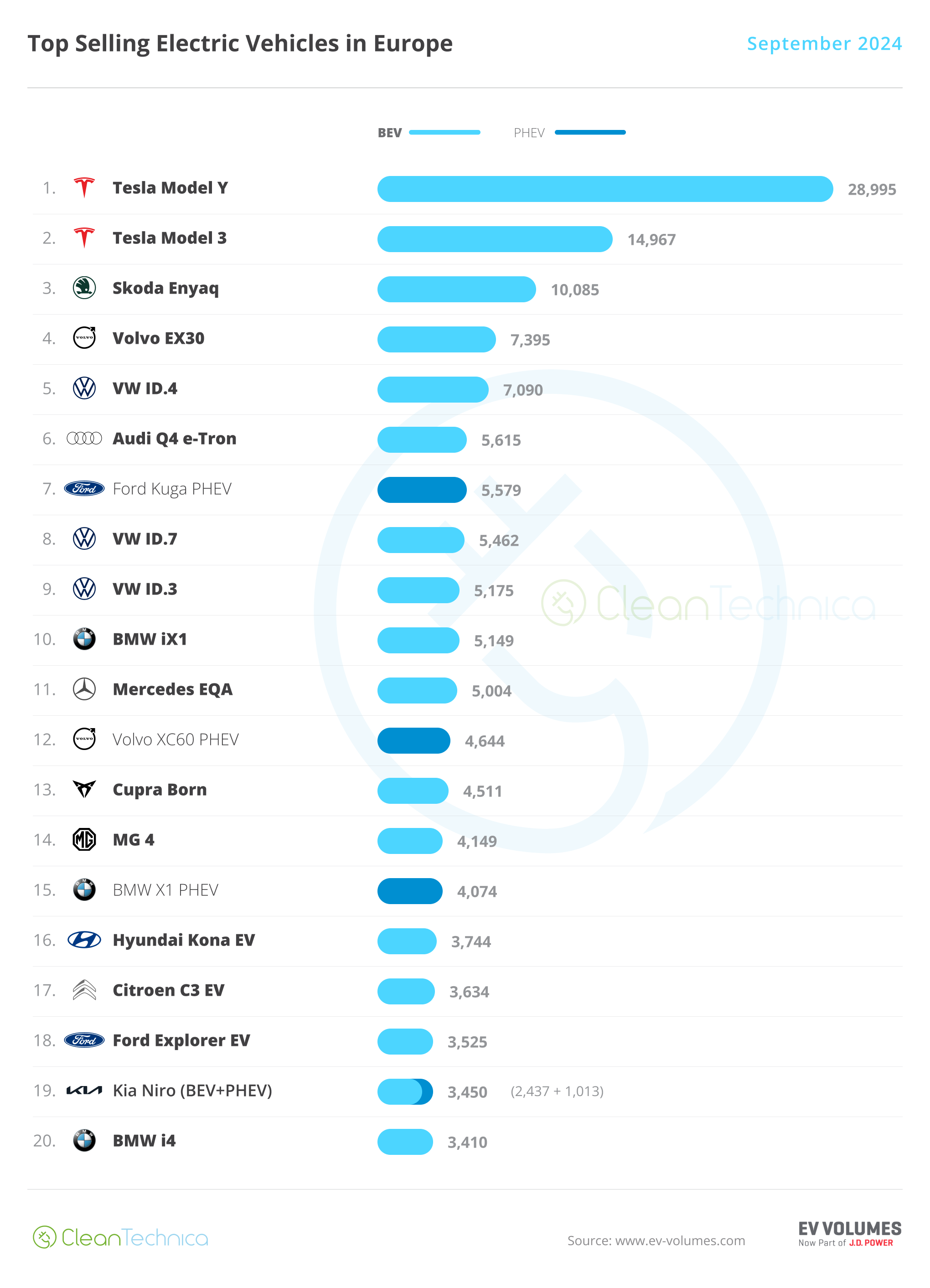The European Union’s landmark green deal is at risk of being dragged into “culture wars,” said the bloc’s climate chief Frans Timmermans as he warned that plans to reach net-zero by the middle of the century risk being paralyzed by political division.
His comments come as the bloc faces stiff pushback by groups in parliament and member states to a set of policies designed to slash emissions by 55% this decade. Culture wars, which signify a clash of social values between different ends of the political spectrum, are increasingly on display in Europe’s political debate and seeping into policy making.
Environment ministers gathering in Luxembourg backed the EU’s plan to restore nature in the region, which has become one of the bloc’s most controversial issues amid fears over food security and inflation. But the European People’s Party, a center-right group that is the largest in parliament, has said that it flatly rejects the law, meaning its future is still uncertain.
“Some are trying to draw climate policy into the culture wars, because then you create a tribal opposition,” Timmermans told reporters on Tuesday. “And once you get into a tribal opposition, then facts don’t matter anymore. That’s my biggest worry.”
Timmermans said that a rightward shift in politics in countries like Sweden and Finland, as well as regional election results in the Netherlands, were helping to fuel the pushback against the bloc’s climate policies. In recent months the EU has seen strong opposition to its plans to phase out the combustion engine in cars, as well as changes demanded over a law to rapidly scale up renewable energy this decade.
Italy, Finland, Austria, the Netherlands and Poland were among countries that said they could not support the EU’s nature restoration plan. A vote in parliament’s environment committee was delayed until the end of the month. Both member states and the legislature will then need to negotiate on the final shape of the deal.
“Funding is far from sufficient,” said Adam Guibourge-Czetwertynski, Poland’s deputy climate minister. “Planning now such costly activities or far-reaching changes in the way land is managed, including land related to food production or energy security, in a situation of an increasingly brutal war waged by Russia seems dangerous.”
Still, the EU has managed to pass almost all of the laws it announced in July 2021 as part of its green deal package. The concern is that future action could be blocked by concerns over the cost of the transition. EU parliamentary elections are scheduled next year.
“Now member states are seeing that their commitment to reducing emissions has consequences and that changes in society are going to be profound,” Timmermans said. “If it is now drawn into the culture wars, then it risks paralyzing us at a time when the last thing we can afford is paralysis.”
Share This:






